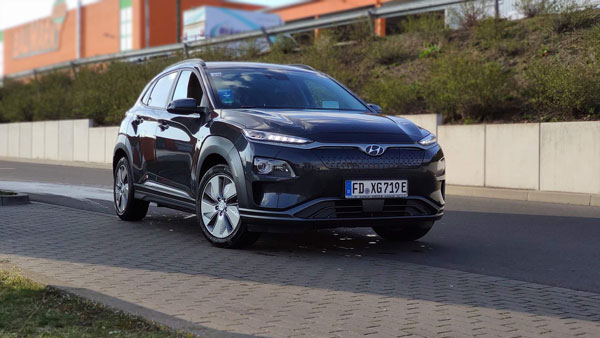Hyundai’s $21 billion U.S. investment is a major milestone for jobs, manufacturing, and global relations

[One of Hyundai’s cars. Photo Credit to Pixabay]
Hyundai Motor Group has announced a landmark $21 billion investment in the United States, marking its largest commitment ever to American manufacturing.
This investment signals a notable shift in the global auto giant’s strategy and is expected to generate a sweeping impact on U.S. jobs, trade dynamics, and economic relations with South Korea.
The strategic investment includes a $5.8 billion steel plant in Louisiana, expanded vehicle production capacity, and further advancements in parts, logistics, and technology.
At the heart of the announcement is the new steel plant in Louisiana—Hyundai’s first steel production facility in the U.S.—which is set to produce over 2.7 million metric tons of steel annually.
The project is projected to create more than 1,400 jobs, supporting regional economic revitalization while enabling Hyundai to supply its nearby automotive factories in Alabama and Georgia.
Hyundai Chairman Euisun Chung described the investment as a sign of the company’s deepening partnership with the U.S., adding that the initiative aligns closely with Washington’s call for increased domestic manufacturing.
The timing is particularly striking.
It comes as President Donald Trump continues to advocate for protectionist trade policies, including proposed tariffs on imported vehicles.
Hyundai’s investment is widely viewed as a strategic response to this evolving political climate.
By expanding production on U.S. soil, Hyundai aims to avoid potential tariffs while aligning with the Trump administration’s agenda to restore jobs and manufacturing capacity within the United States.
In addition to the steel facility, Hyundai plans to invest $9 billion to increase its annual U.S. vehicle production to 1.2 million units by 2028.
A further $6 billion will be allocated to strengthening localization efforts, enhancing supply chains, and accelerating innovation in areas such as autonomous driving and robotics.
According to José Muñoz, CEO of Hyundai Motor America, the U.S. remains Hyundai’s largest market, and the expanded efforts are expected to generate roughly 670,000 direct and indirect jobs, remarkably boosting employment and strengthening the American auto sector.
Muñoz emphasized that this large-scale investment reflects a long-term vision of supporting American economic growth while preparing for the future of mobility.
Hyundai aims to be a major player in electric vehicles (EVs) and clean energy, and localized production is seen as essential to that strategy.
Beyond economic considerations, the investment carries significant geopolitical weight.
As the United States and South Korea continue to build stronger economic ties, Hyundai’s expansion is yet to yield mutual benefits—creating jobs in the U.S. while helping South Korean firms gain stable footholds in key global markets.
The synergy supports technological innovation, green energy initiatives, and improvements in trade balance between the two countries.
Hyundai’s bold move may inspire other global firms to reassess their own strategies amid shifting trade policies.
With tariffs shaping the global manufacturing landscape, Hyundai’s decision could signal a broader trend of foreign investment pivoting toward the U.S.
Ultimately, Hyundai’s $21 billion commitment may prove to be more than just a business decision.
It stands as a powerful symbol of economic collaboration, industrial advancement, and a shared vision for the future.

- Joseph Shin / Grade 11 Session 9
- Valley Christian High School

![THE HERALD STUDENT REPORTERS [US]](/assets/images/logo_student_us.png)
![THE HERALD STUDENT REPORTERS [Canada]](/assets/images/logo_student_ca.png)
